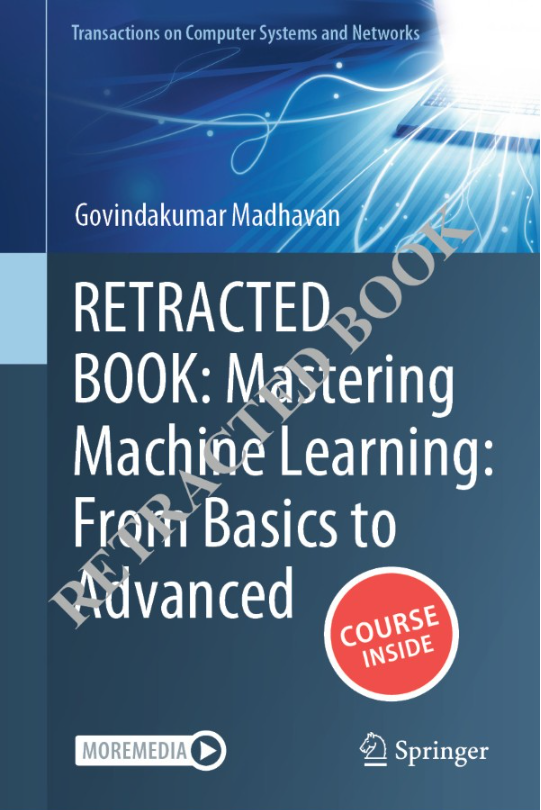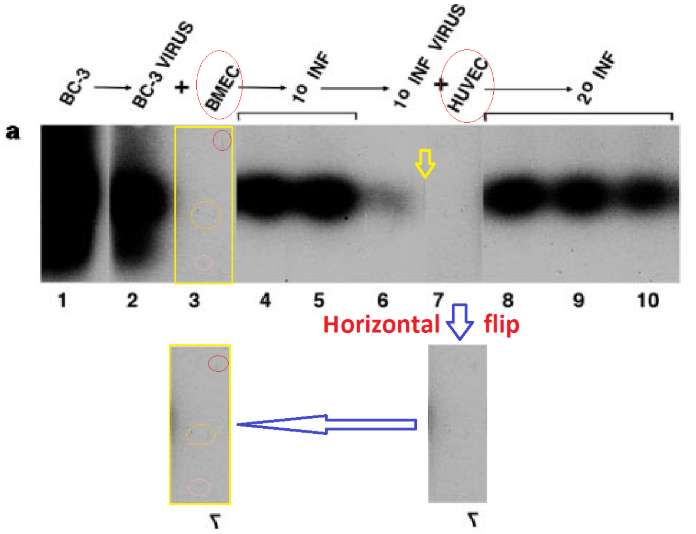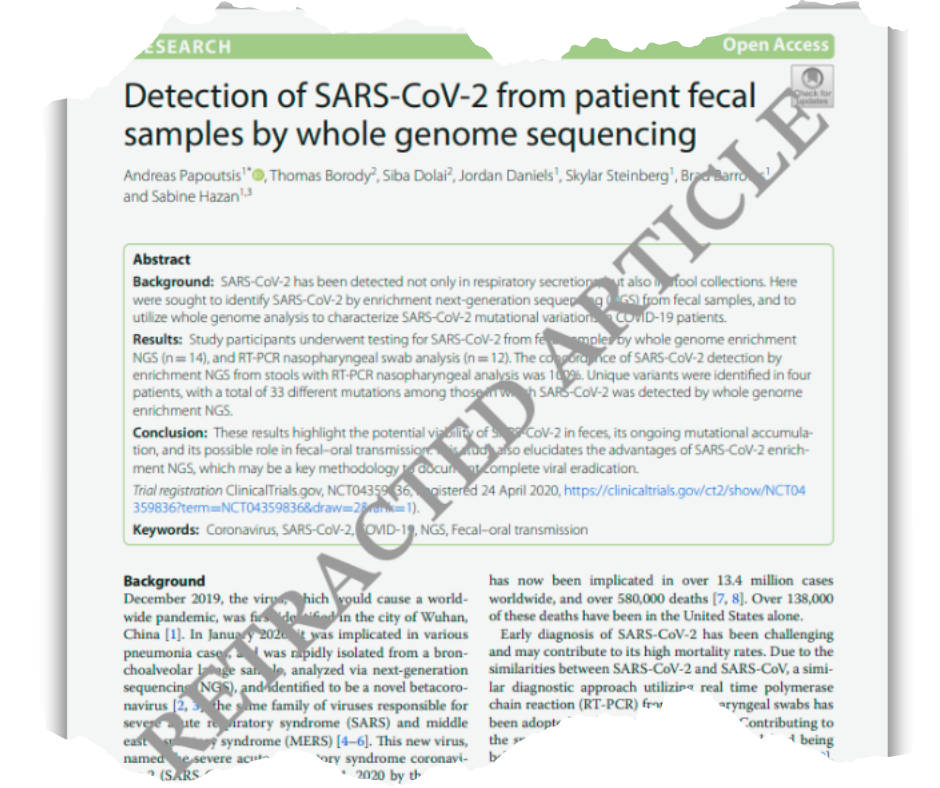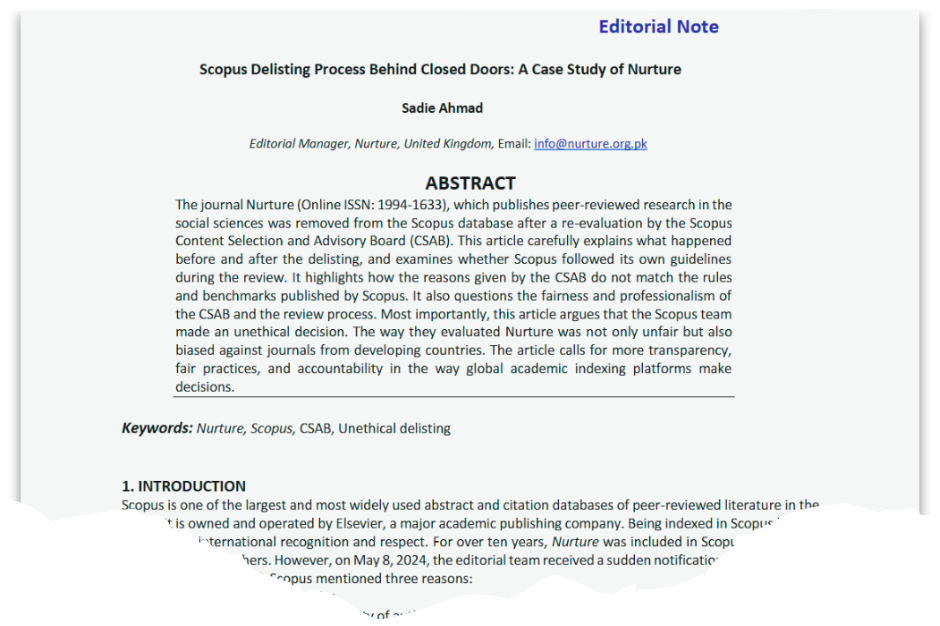Springer Nature has officially retracted a book on machine learning following coverage by Retraction Watch. A reader sent us a tip about this book; we’d love your help identifying more.
As we reported, the book, Mastering Machine Learning: From Basics to Advanced, contained many citations to nonexistent works. These fake references are a hallmark of text generated by large language models like ChatGPT.
The retraction notice mentions the illusory citations, stating, “Following publication concerns were raised regarding the validity of certain references. Upon further investigation, the Publisher was unable to verify the source of 25 out of 46 references in this book.” After listing the 25 citations, 12 of which we found in our initial reporting, it continues, “the Series Editor and the publisher therefore no longer have confidence in the reliability of this book. The author has not stated explicitly whether he agrees with this retraction.”
Continue reading Springer Nature retracts book with fake citations. Help us find more cases like this.








